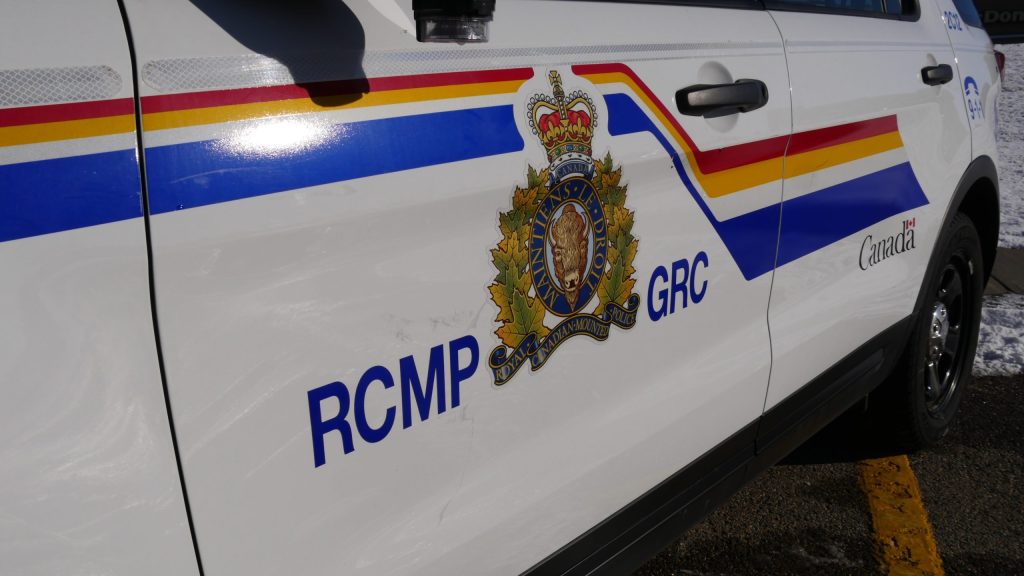Food, dog feces drawing coyotes into communities
Posted Jun 23, 2021 7:19 am.
Last Updated Jun 23, 2021 12:44 pm.
CALGARY – People living in Nolan Hill are starting to feel uneasy leaving their homes after a string of coyote attacks in the area.
The aggressive behavior of the coyotes prowling the northwest neighbourhood has everyone puzzled.
RELATED: Calgary mother attacked by coyote warns neighbours to be on alert
The city says no coyote has been captured or killed as of yet but teams are working with the people in the area.
“We bring our puppies and dogs for walks–some people don’t pick up the feces of the dog that’s what is attracting a lot of the coyotes,” explained Ward 2 Councillor Joe Magliocca.
“And especially leaving food in your backyard and other stuff in the backyard that they are attracted to. But, you know, we live with them and I understand people’s frustration but we are doing our best right now to get rid of them.”
Some residents of Nolan Hill agree there are people in the community are leaving around garbage, animal poop, and food.
“It’s not far-fetched to assume that people do that. Most people do pick up their dog’s poop but some people, they don’t. And all the garbage that we leave around like littering. I have never seen people, in person, feed the coyotes but I could assume that it is happening,” Ethan Severo, who lives in Nolan Hill, told CityNews.
WATCH: Coyote attacks on the rise in northwest Calgary
Animal experts say coyotes are wild and should be treated with caution.
“They are year-round hunters. They don’t hibernate. They are looking for food as they are probably hungry, which is why they are expanding their range,” said veterinarian Dr. Matthew Richardson.
“We should avoid confrontation. There are a lot of reports of them circling and singling out pet animals and making a meal out of that.”
A University of Alberta biological sciences professor says a den was recently destroyed in the area and there’s a bunch of new den activity nearby.
“In addition, they have a lot of interconnected housing so all of those things are contributing to the way those coyotes are moving around in that community and the reason they are acting very defensively but inappropriately so,” said Dr. Colleen Cassady St. Clair.










